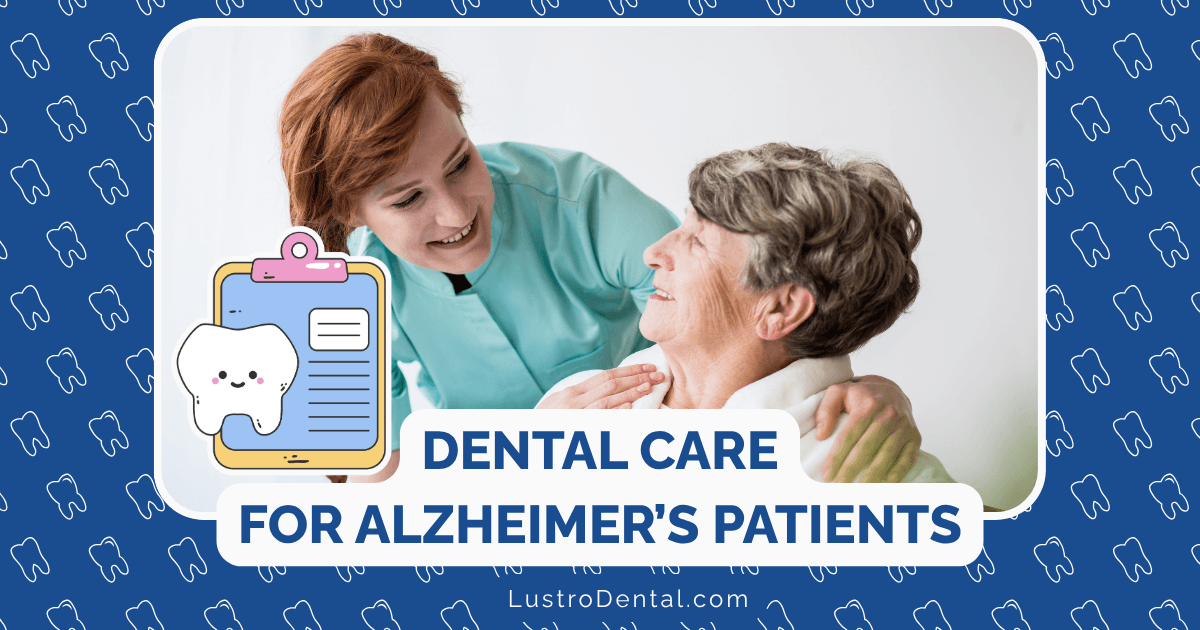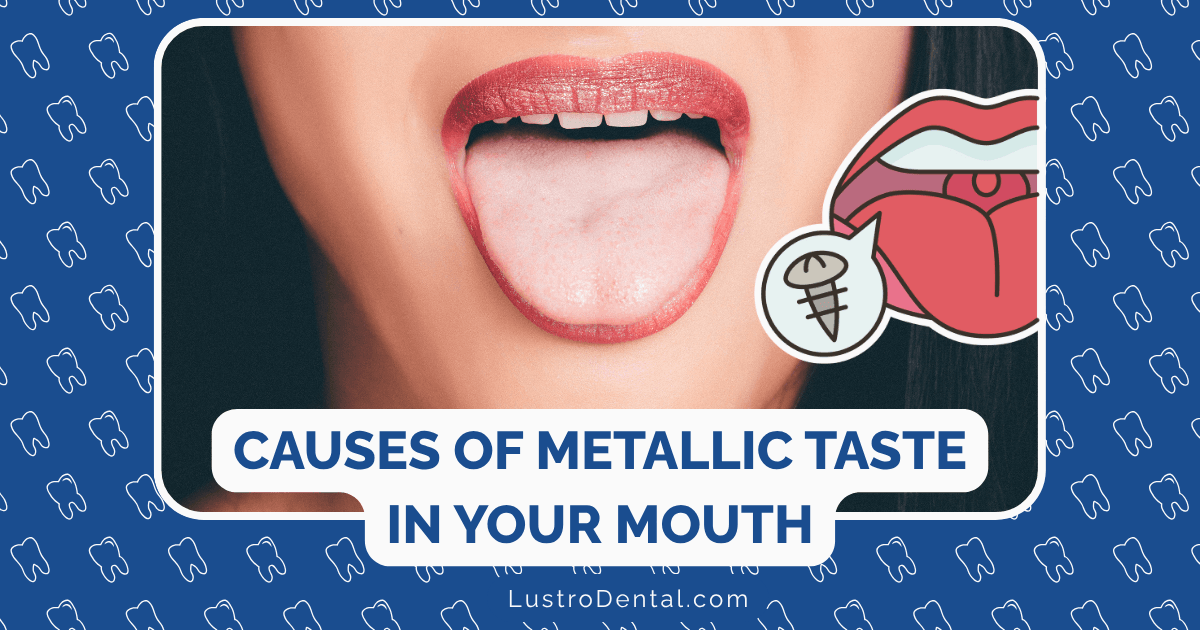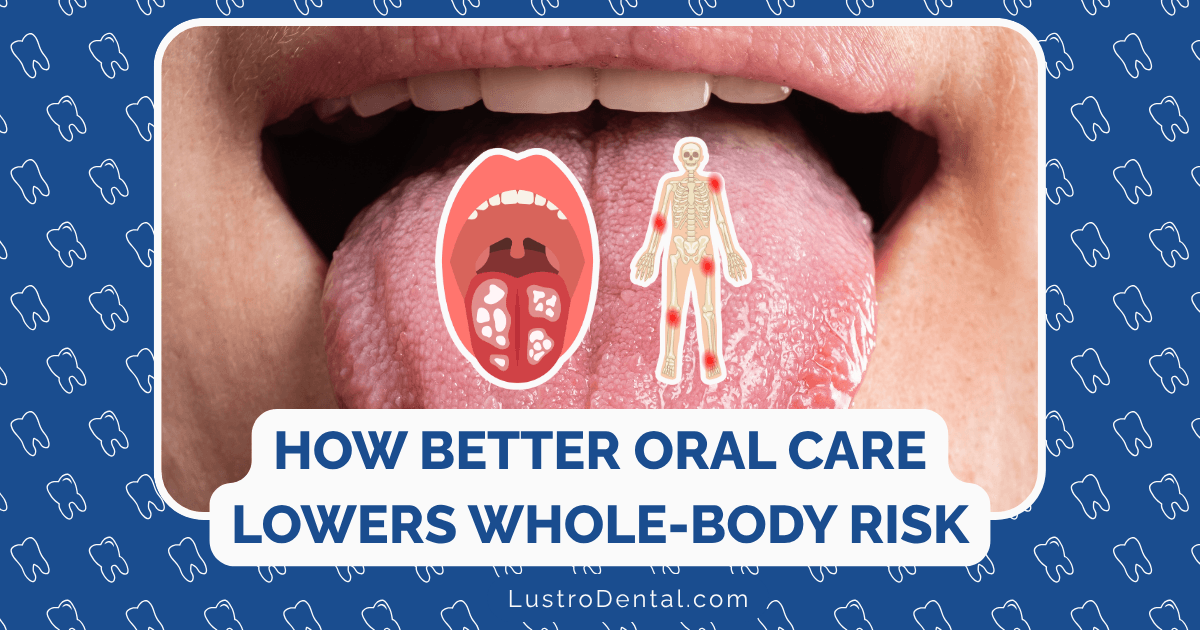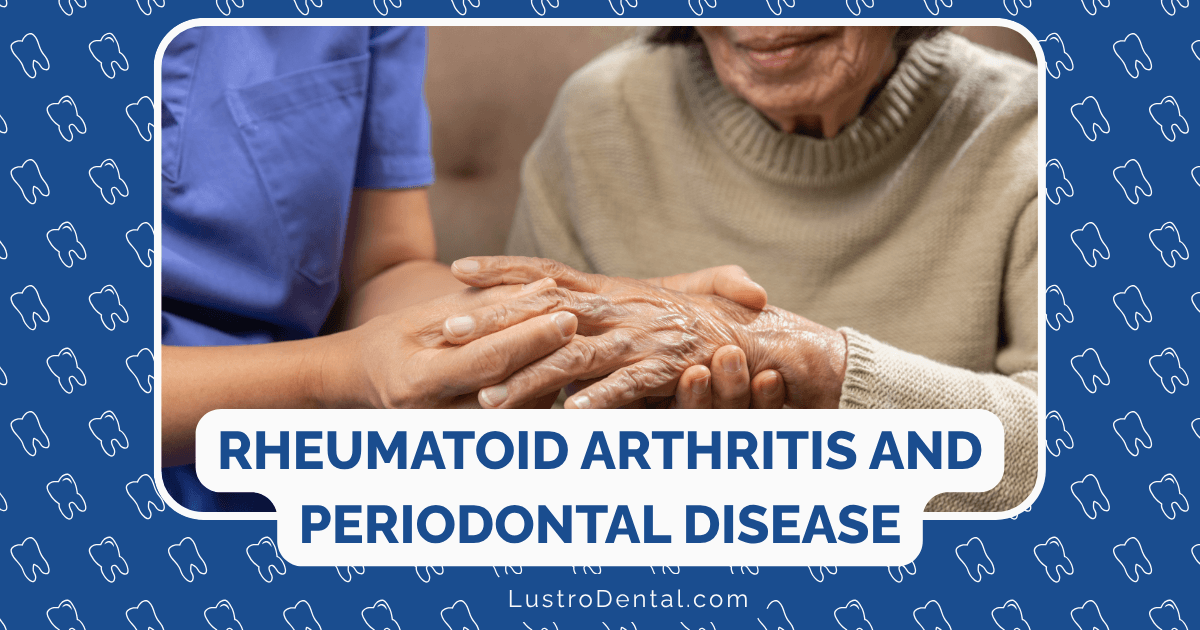Dental Care Adaptations for Patients with Alzheimer’s Disease

As a dental health advocate who has worked with numerous Alzheimer’s patients throughout my career, I’ve witnessed firsthand the unique challenges these individuals face in maintaining oral health. With over 6 million Americans currently living with Alzheimer’s disease (AD)—a number projected to grow substantially in the coming decades—the need for specialized dental approaches has never been more pressing.
The progressive nature of Alzheimer’s creates a moving target for dental care. What works during early stages may become ineffective as cognitive abilities decline. Yet maintaining oral health remains crucial throughout the disease progression, not just for comfort and dignity, but because poor oral health can exacerbate other health issues and potentially accelerate cognitive decline.
In this comprehensive guide, I’ll share evidence-based strategies for adapting dental care to meet the needs of patients with Alzheimer’s disease—from clinical settings to daily home care routines.
Understanding the Oral Health Challenges in Alzheimer’s Disease
Before discussing specific adaptations, it’s important to understand the unique oral health challenges that Alzheimer’s patients face.
Increased Risk for Oral Diseases
Research from Decisions in Dentistry indicates that patients with dementia are 69% more likely to be diagnosed with periodontal disease than those without. This increased risk stems from several factors:
- Declining ability to perform oral hygiene as the disease progresses
- Medication-induced xerostomia (dry mouth), which increases biofilm accumulation and caries risk
- Nutritional changes, often including increased consumption of soft, carbohydrate-rich foods that adhere to teeth
- Reduced ability to communicate pain or discomfort, leading to delayed treatment
The Bidirectional Relationship
Emerging research suggests a bidirectional relationship between oral health and Alzheimer’s disease. Not only does cognitive decline impact oral health, but poor oral health—particularly periodontal disease—may contribute to inflammation that potentially exacerbates cognitive deterioration.
Dr. Sarah Chen, a neurologist specializing in dementia, explains: “The inflammatory processes involved in periodontal disease don’t stay confined to the mouth. These inflammatory markers can enter the bloodstream and potentially cross the blood-brain barrier, contributing to neuroinflammation.”
Stage-Specific Challenges
The challenges evolve as Alzheimer’s progresses through its typical stages:
Early Stage
- Forgetting to brush or floss regularly
- Difficulty following multi-step oral hygiene routines
- Beginning to struggle with dental appointment scheduling and attendance
Middle Stage
- Increased resistance to oral care assistance
- Difficulty understanding and following dental instructions
- Growing challenges with cooperation during dental procedures
- Potential development of paranoia or agitation during dental visits
Late Stage
- Complete dependence on caregivers for oral hygiene
- Significant communication barriers
- Potential swallowing difficulties increasing aspiration risk
- Physical resistance to oral care due to lack of understanding
Clinical Adaptations: Creating an Alzheimer’s-Friendly Dental Practice
Adapting the dental practice environment and clinical approaches can significantly improve outcomes for patients with Alzheimer’s disease.
Environmental Modifications
The physical environment of a dental office can either exacerbate or alleviate anxiety and confusion for Alzheimer’s patients:
Reception Area
- Reduce sensory overload by minimizing background noise, bright lights, and busy patterns
- Provide clear signage with simple directions and visual cues
- Offer a quiet waiting area away from the main reception when possible
- Minimize wait times to reduce anxiety and confusion
Treatment Room
- Maintain consistency by using the same treatment room for recurring visits
- Reduce equipment visibility when possible to create a less intimidating space
- Adjust lighting to avoid glare and shadows which can cause disorientation
- Consider temperature comfort, as patients may be more sensitive to environmental conditions
Appointment Scheduling Strategies
Thoughtful scheduling can significantly improve the dental experience for Alzheimer’s patients:
- Book appointments during the patient’s “best time of day”, typically morning hours when fatigue is minimal
- Allow extra time to prevent rushing, which can increase anxiety
- Consider shorter, more frequent appointments rather than lengthy procedures
- Schedule as the first or last appointment of the day when the office is quieter
- Maintain consistency with the same dental team members when possible
According to Dimensions of Dental Hygiene, contacting caregivers 1-2 weeks before appointments to update health histories and prepare the patient can significantly improve visit outcomes.
Communication Techniques
Effective communication forms the foundation of successful dental care for Alzheimer’s patients:
Verbal Communication
- Use simple, concrete language with short sentences
- Speak slowly and allow extra time for processing
- Ask one question at a time and wait for a response
- Provide step-by-step instructions for each part of the examination or procedure
- Use a calm, reassuring tone even if the patient becomes agitated
- Avoid complex explanations or technical terminology
Non-Verbal Communication
- Maintain eye contact at the same level as the patient
- Use gentle touch to guide and reassure
- Demonstrate procedures before performing them
- Pay attention to the patient’s body language for signs of discomfort or anxiety
- Use visual aids such as models or pictures to explain procedures
Dr. Michael Rodriguez, a geriatric dentist with extensive experience treating Alzheimer’s patients, emphasizes: “Non-verbal communication often becomes increasingly important as the disease progresses. A reassuring smile, gentle touch on the arm, or demonstration of what you’re about to do can be more effective than verbal explanations.”
Treatment Planning Considerations
Treatment planning for Alzheimer’s patients requires a different approach than for cognitively healthy individuals:
- Prioritize prevention to avoid complex procedures later
- Consider the disease trajectory when recommending extensive treatment
- Opt for more conservative treatments when appropriate
- Evaluate risk vs. benefit for each procedure
- Plan for the future by addressing potential issues before they become problematic
- Document baseline oral conditions to track changes over time
Research from Decisions in Dentistry suggests that preventive measures like fluoride applications can reduce caries incidence by at least 25% in this vulnerable population.
Behavior Management Strategies
Even with careful planning, behavioral challenges may arise during dental visits:
Preventive Approaches
- Schedule appointments during optimal times when the patient is typically calm
- Create a calming environment with minimal distractions
- Allow a trusted caregiver to remain visible during treatment
- Use distraction techniques such as music or simple conversations
- Consider pre-appointment anxiolytic medication when recommended by the patient’s physician
Managing Resistance
- Remain calm and patient if resistance occurs
- Use the “bridging technique” by placing your hand over the patient’s hand to guide movements
- Try the “chaining method” by starting a movement and allowing the patient to continue it
- Provide positive reinforcement for cooperation
- Be willing to reschedule if the patient becomes too agitated
Sedation and Anesthesia Considerations
For more complex procedures or patients with advanced disease, sedation may be appropriate:
- Consult with the patient’s physician before administering any sedation
- Consider nitrous oxide for mild anxiety in early-stage patients
- Evaluate oral conscious sedation options for moderate procedures
- Reserve deep sedation or general anesthesia for extensive treatment in advanced cases
According to the Alzheimer’s Society UK, sedation or general anesthesia may be recommended for patients with dementia to facilitate necessary dental treatment, particularly in later stages.
Preventive and Restorative Treatment Adaptations
Beyond environmental and behavioral adaptations, specific clinical interventions can be modified to better serve Alzheimer’s patients.
Enhanced Preventive Protocols
Prevention becomes even more critical for Alzheimer’s patients due to the increasing difficulty of treatment as the disease progresses:
- Increase professional cleaning frequency to every 3-4 months
- Apply fluoride varnish at each appointment
- Consider silver diamine fluoride (SDF) for arresting active caries
- Recommend prescription-strength fluoride toothpaste for daily use
- Implement xylitol products to reduce cariogenic bacteria
Research published in Decisions in Dentistry notes that SDF is particularly effective for Alzheimer’s patients as it can arrest active dentin caries without requiring complex restorative procedures.
Restorative Considerations
When restorative treatment is necessary, several adaptations can improve outcomes:
- Select materials requiring minimal maintenance such as glass ionomers
- Consider the longevity of restorations in treatment planning
- Opt for full-coverage restorations when appropriate to provide maximum protection
- Simplify prosthetic designs for easier cleaning and maintenance
- Use moisture-tolerant materials when isolation is challenging
Prosthetic Adaptations
For patients with removable prosthetics:
- Label dentures with the patient’s name
- Consider fixed prosthetics over removable when possible
- Simplify denture design for easier insertion and removal
- Use denture adhesives to improve stability and confidence
- Implement colored denture cleansers to make the cleaning process more visible
Dr. Jennifer Lee, a prosthodontist specializing in geriatric care, notes: “For Alzheimer’s patients, simpler is often better when it comes to prosthetics. A well-designed fixed bridge may be preferable to a removable partial denture that can be misplaced or improperly maintained.”
Home Care Adaptations and Caregiver Support
Professional dental care represents only a small fraction of overall oral health maintenance. Daily home care, typically managed by caregivers as the disease progresses, is equally if not more important.
Adaptive Oral Hygiene Tools
Several specialized tools can make oral hygiene easier for both patients and caregivers:
- Toothbrushes with modified handles (wider, longer, or ergonomically designed)
- Electric toothbrushes for early to middle-stage patients
- Three-sided toothbrushes that clean multiple surfaces simultaneously
- Floss holders or interdental brushes with extended handles
- Oral swabs or mouth wipes for late-stage care
According to Today’s RDH, toothbrushes with soft bristles and ergonomically designed handles can significantly improve oral hygiene outcomes for Alzheimer’s patients.
Caregiver Education and Support
Caregivers need specific training and support to provide effective oral care:
Essential Education Topics
- Basic oral anatomy and disease recognition
- Proper brushing and flossing techniques adapted for assisting others
- Recognition of oral pain signs when the patient cannot communicate
- Management of common oral conditions like dry mouth
- Strategies for overcoming care resistance
Practical Techniques
- The “watch me” method: Demonstrating brushing on yourself first
- The “hand-over-hand” technique: Guiding the patient’s hand while they hold the toothbrush
- The “tell-show-do” approach: Explaining, demonstrating, then performing each step
The Alzheimer’s Association recommends breaking down oral care into simple steps and providing clear, concise instructions for each action.
Environmental Modifications for Home Care
The setting for oral hygiene can significantly impact success:
- Consider alternative locations beyond the bathroom if it causes anxiety
- Ensure proper lighting without glare
- Reduce distractions in the environment
- Use contrasting colors for oral hygiene supplies to improve visibility
- Maintain consistency in the location and timing of oral care
Managing Common Oral Conditions
Caregivers should be educated about managing common conditions that affect Alzheimer’s patients:
Xerostomia (Dry Mouth)
- Ensure adequate hydration throughout the day
- Use alcohol-free mouth moisturizers as recommended by a dentist
- Avoid caffeine and alcohol which can worsen dryness
- Consider xylitol-containing products to stimulate saliva
Denture Care
- Establish a consistent routine for denture cleaning
- Use denture brushes with larger handles for easier grip
- Consider ultrasonic cleaners for more thorough cleaning
- Implement a system to prevent loss such as a dedicated storage container
Special Considerations for Different Disease Stages
As Alzheimer’s progresses, dental care approaches must evolve to match the patient’s changing abilities and needs.
Early Stage Adaptations
During early stages, the focus is on establishing routines and maximizing independence:
- Create written reminders for oral hygiene routines
- Set up smartphone alerts for brushing times
- Simplify product selection to reduce decision fatigue
- Begin involving caregivers in dental appointments for continuity of care
- Document baseline oral conditions thoroughly for future comparison
Middle Stage Adaptations
As independence decreases, more direct assistance becomes necessary:
- Provide step-by-step verbal cues during oral hygiene
- Use the “hand-over-hand” technique to guide brushing
- Consider powered toothbrushes with timers
- Schedule more frequent dental visits to monitor changes
- Begin introducing alternative cleaning methods as traditional methods become challenging
Late Stage Adaptations
In advanced stages, caregivers typically assume full responsibility for oral care:
- Position the patient comfortably, often at a 45-degree angle
- Use mouth props when recommended by a dentist to maintain access
- Implement swab-based cleaning when traditional brushing isn’t possible
- Focus on comfort and infection prevention rather than perfect cleaning
- Monitor for signs of pain or discomfort that may indicate dental problems
The Alzheimer’s Society UK emphasizes that even in late stages, regular oral care remains essential for preventing infections and maintaining comfort.
Emerging Approaches and Future Directions
The field of dental care for Alzheimer’s patients continues to evolve, with several promising developments on the horizon:
Teledentistry Applications
Virtual dental consultations show promise for Alzheimer’s patients, particularly those with mobility challenges or who become agitated in unfamiliar environments:
- Virtual screenings to determine the necessity of in-person visits
- Remote monitoring of oral conditions between appointments
- Caregiver education and support via video conferencing
- Medication management consultations for addressing oral side effects
Mobile Dentistry
According to Blende Dental Group, in-home dental services are becoming increasingly important for elderly patients with cognitive impairments:
- Portable dental equipment brings comprehensive care to the patient’s home
- Familiar environment reduces anxiety and behavioral challenges
- Eliminates transportation barriers for patients with advanced disease
- Allows for observation of the actual living environment to better tailor home care recommendations
Interdisciplinary Care Models
Collaborative approaches between dental professionals, physicians, and caregivers show promise for improving outcomes:
- Shared electronic health records to improve communication between providers
- Coordinated medication management to address oral side effects
- Joint care planning between medical and dental teams
- Integrated dementia-dental training programs for healthcare professionals
Conclusion: Compassionate, Person-Centered Dental Care
Providing dental care for Alzheimer’s patients presents unique challenges, but with appropriate adaptations, these individuals can maintain oral health, comfort, and dignity throughout their disease journey. The key lies in a person-centered approach that recognizes each patient’s unique needs, preferences, and abilities at each stage of the disease.
For dental professionals, this means developing specialized knowledge and skills, creating accommodating environments, and collaborating effectively with caregivers and other healthcare providers. For caregivers, it means learning specific techniques, establishing consistent routines, and advocating for appropriate professional care.
As our understanding of Alzheimer’s disease continues to evolve, so too will our approaches to dental care for this vulnerable population. By implementing the evidence-based strategies outlined in this article, we can help ensure that oral health remains an integral part of overall care for individuals living with Alzheimer’s disease.
Do you have experience caring for someone with Alzheimer’s disease? What oral care strategies have you found most effective? Share your insights in the comments below to help others on this journey.







